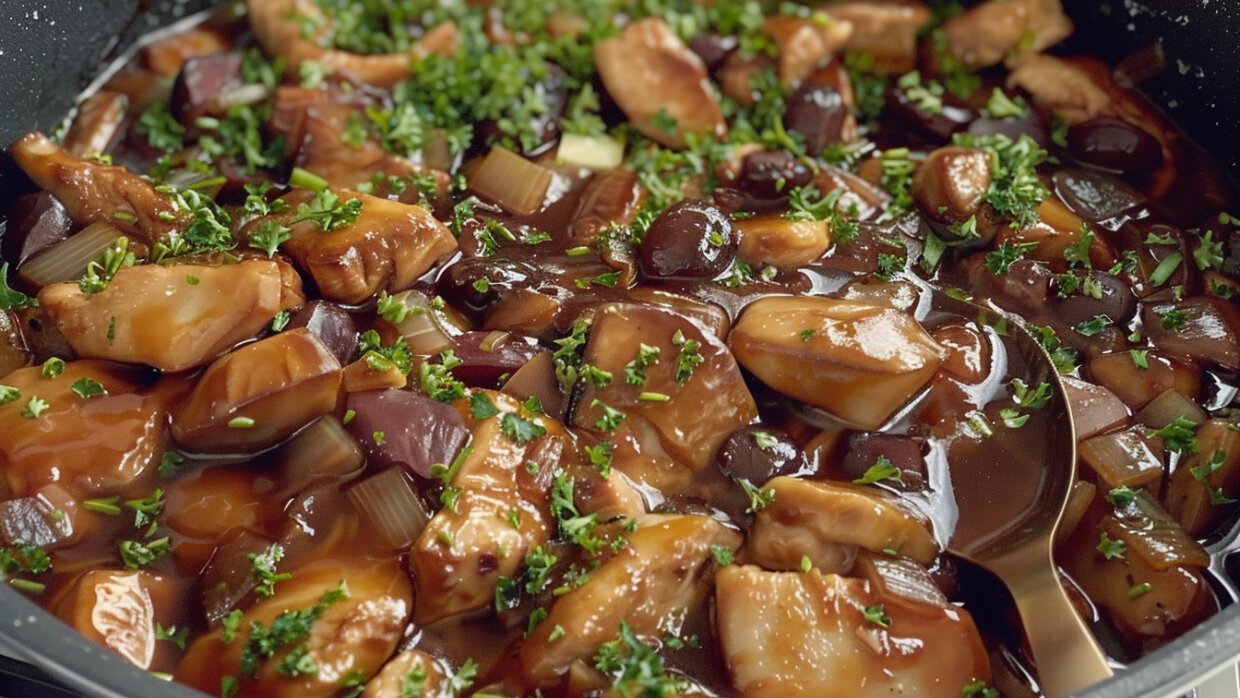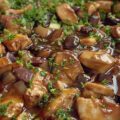A number of years ago, my wife worked as a waitress at a restaurant in Hong Kong (what was she doing in Hong Kong? good question, but that’s not for now), and—as is usually the case—the kitchen staff was up to no good. One day, one of the cooks gave her a raw olive.
“Taste it,” he said.
She took a bite. Bad idea. Her mouth dried up almost immediately. The damage was severe, too. The raw olive destroyed the roof of her mouth before she could even spit it out, and it was another two days before she could eat again, and even then, it was painful.
Olives can’t be eaten raw. They contain a bitter compound called oleuropein, and need to be cured—either with water or brine—to render them edible. They can also be pressed, and, similar to other fruits, that pressing extracts a juice.
Although that’s about as far as the comparison goes.
When you squeeze fruits like grapes, apples, and pomegranates, you end up with a tasty, water-based, drinkable—and usually sticky—substance. You can also, sometimes, use that juice as a dye, as with cherry juice, or let it ferment to become moonshine or wine.
But no one is sticking a wick into a glass of orange juice to use as a candle.
Olives are an anomaly. They excrete an oil, which, in addition to being edible and great for cooking, is also a fuel. Olive oil is technically flammable, although it’s probably more accurate to call it combustible, and people have been fueling their lamps with it for thousands of years.

Olive oil also looms large in Jewish spiritual practice. In ancient times, it was used to fuel a large candelabra called a menorah—not the Hanukkah menorah, although it was eventually used for that, too—and, on occasion, it was used as a ceremonial anointing oil as well (meaning that during the inauguration of a king or the installation of a religious leader, the honoree had oil poured on his head). In modern times, many people still prefer to light oil lamps—as opposed to wax candles—on the Shabbat and holidays.
But there’s a deeper reason as well. In some Jewish mystical writings, olive oil is sometimes compared to the soul. Olive oil is a powerful, light-giving substance that lurks within the fibers of a simple, nondescript, tree-hanging fruit. Although that isn’t obvious at first glance, and you have to make an effort to extract it.
Your soul, in a sense, is the same: it’s an essential, life-giving entity that’s hidden within your innermost essence. It’s there, but you can ignore it. You have to want to connect to it—that’s what living a spiritual life is about.
You can see that parallel between olive oil and soul in the Hebrew language as well. Although to understand that, you first need some background: Hebrew is a Semitic language, and one distinguishing feature of Semitic languages is that their alphabets are made up of consonant letters, but not vowels. The vowels are implied. That means that if different words share the same letters, even if they have different meanings, they’re also related, on some level, as well.
If you look carefully at the letters for “oil” (including the sign of the definite article, which is the Hebrew letter, Hey/ה) and “soul,” you’ll notice that they’re the same, just in a different order:
Oil: השמן (H-Sh-M-N)
Soul: נשמה (N-Sh-M-H)
In other words, the Hebrew words for oil and soul—in addition to sharing the same letters—are related in that each represents something special that’s hidden within something else.
Even deeper, that link between oil and soul is connected to Hanukkah, too.
Hanukkah is an eight-day festival. In Jewish mystical thought, the number seven—as in the seven days of the week—is said to represent the mundane, or physical world. Eight represents one step beyond. Hanukkah celebrates a miracle—something that also, by definition, transcends the mundane—and specifically, it celebrates a miracle that happened with oil. (Unrelated, but that’s also why a circumcision is performed when a baby boy is eight days old. Think about it.)
Take a look at the Hebrew word for “eight:”
Eight: שמנה (Sh-M-N-H)
It’s the same four letters.
The Hebrew words for oil, soul, and eight are related. Each is a tangible something that, if you want it, and you’re paying attention, can connect you to a deeper spiritual reality.















